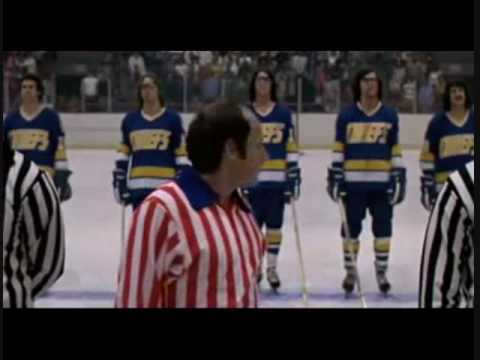The Top Ten Books People Lie About Reading
Jared Sperli stashed this in books
Stashed in: Libertarian, Awesome, Books!, Top 10, Pants on fire!, M.C. Escher, Bucket List, Art of War
10. Atlas Shrugged, Ayn Rand: The libertarian moment has prompted a slew of people to lie about reading Ayn Rand, or to deploy the term “Randian” as a synonym for, say, competitive bidding in Medicare reform without even bothering to understand how nonsensical that is.
9. On the Origin of Species, Charles Darwin: Many pro-evolutionists online display no understanding that the pro-evolution scientific community rejects the bulk of Darwin’s initial findings about evolution.
8. Les Miserables, Victor Hugo and A Tale of Two Cities, Charles Dickens: Virtually every bit of literature about the French Revolution could be tied here, though ignorance of it might inspire fun future headlines, such as “De Blasio Brandishes Knitting Needles, Calls For ‘The People’s Guillotine’ To Be Erected In Times Square.”
7. 1984, George Orwell: A great example of a book people think they have read because they have seen a television ad. On Youtube.
6. Democracy in America, Alexis De Tocqueville: Politicians are the worst about this, quoting and misquoting the writings of the Tocqueville without ever bothering to actually read this essential work. But politicians do this a lot – with The Federalist Papers and The Constitution, too.
5. The Wealth of Nations, Adam Smith: Smith’s invisible hand is all that many people seem to know about his work, but his contributions were more sophisticated than that, rejecting a simplistic view of self-interest and greed as the motivating factors in a healthy economy.
4. Moby Dick, Herman Melville: If you haven’t managed this one yet, consider that William F. Buckley, Jr. did not actually read this until he was 50, remarking then to friends: “To think I might have died without having read it.”
3. The Art of War, Sun Tzu: Misunderstood and misapplied by people who’ve never bothered to read it, Sun Tzu’s advice is as much a guide to war as it is to avoiding combat via deception and guile, and to only fight battles one is certain of winning.
2. The Prince, Niccolo Machiavelli: Viewed by people who don’t understand the context as a guide to mendacious political gamesmanship and the use of hypocrisy and cruelty as political tools, Machiavelli’s work is likely a brilliant work of sarcastic trolling which contradicts everything else he wrote in life – which is one reason it was dedicated, sarcastically, to the Medicis who exiled and tortured him.
1. Ulysses, James Joyce: I own this book but have never read it.
I read almost all of these books as a teenager and frankly I wish I had the time back.
The Constitution is worth reading but it is not long.
The Art of War is worth reading, too.
Really Adam?
As a teenager yes, though I could not finish Ulysses. And I don't ever want to go back to it.
Constitution, yes.
Of the books on that list, Sun Tzu is the one worth reading.
Compared to all the books a person could read, though, perhaps not even that one.
Do tell some of the better ones, please...
I'm partial to Godel, Escher, Bach: http://www.goodreads.com/book/show/24113.G_del_Escher_Bach
I *have* to read that book again before I die. It's going on the Book Bucket List. (Booket List?)











12:00 PM Jan 17 2014